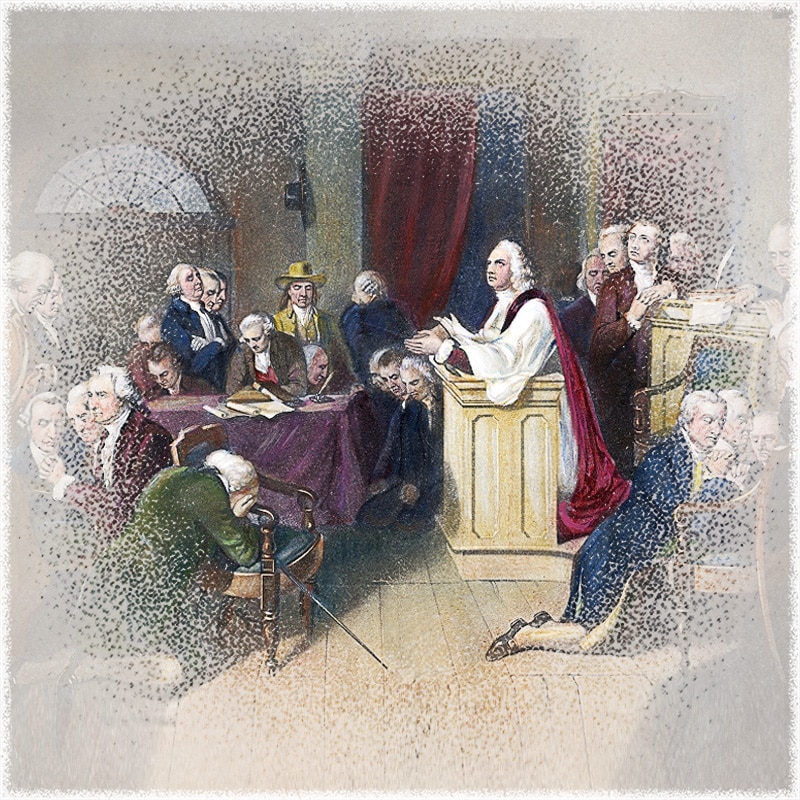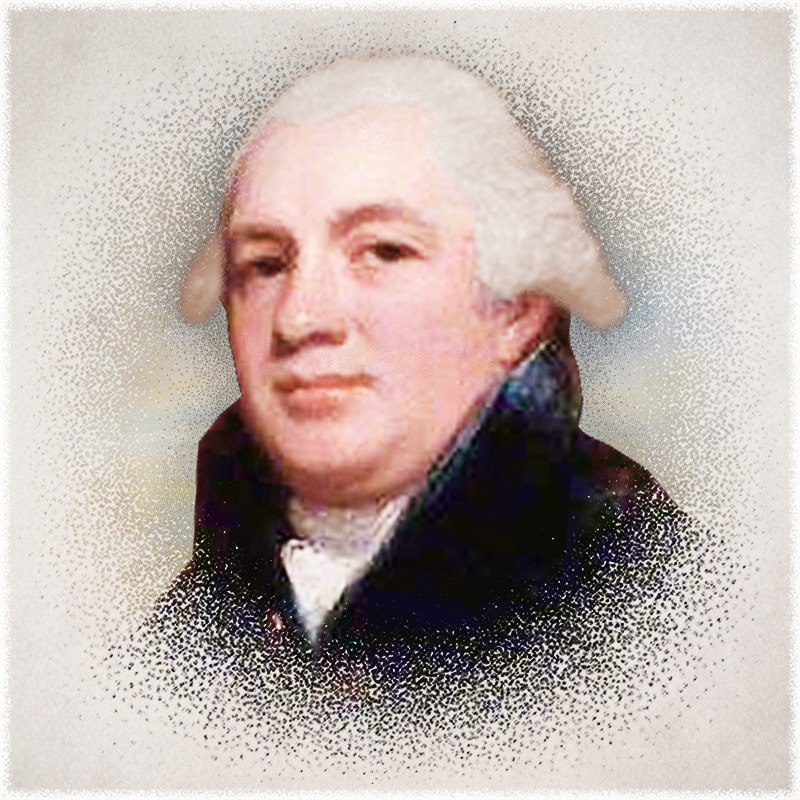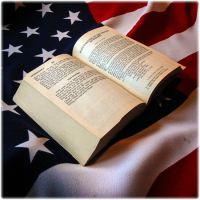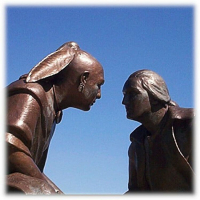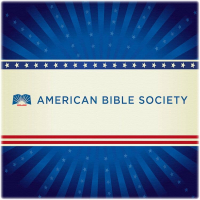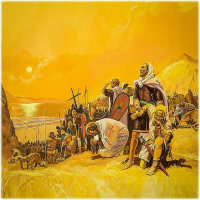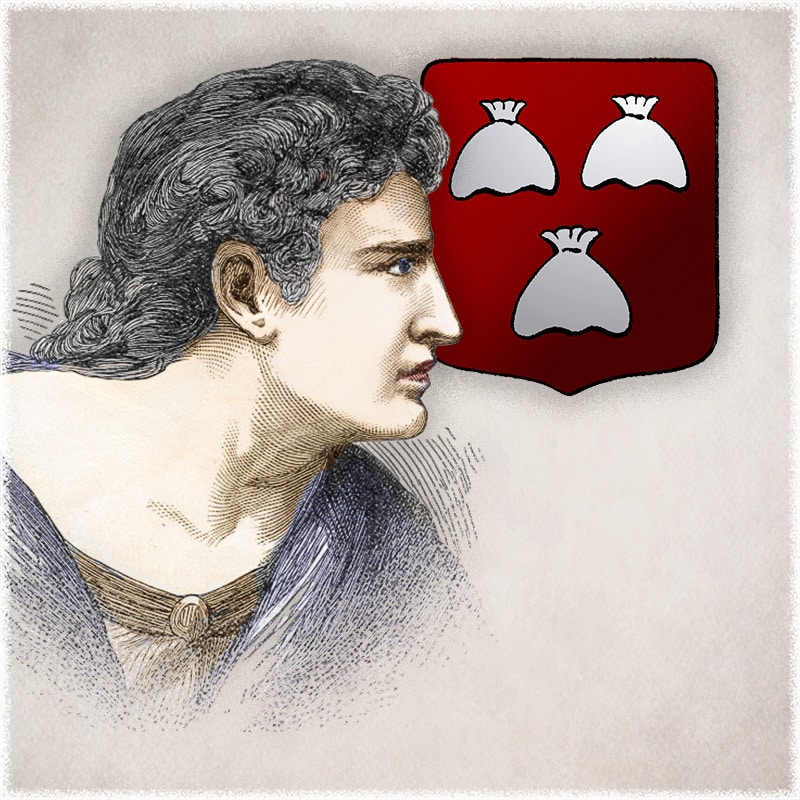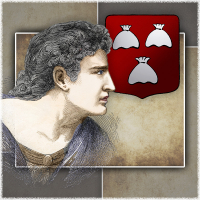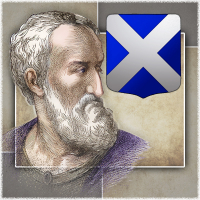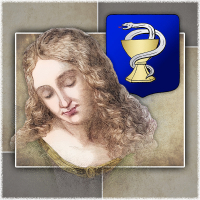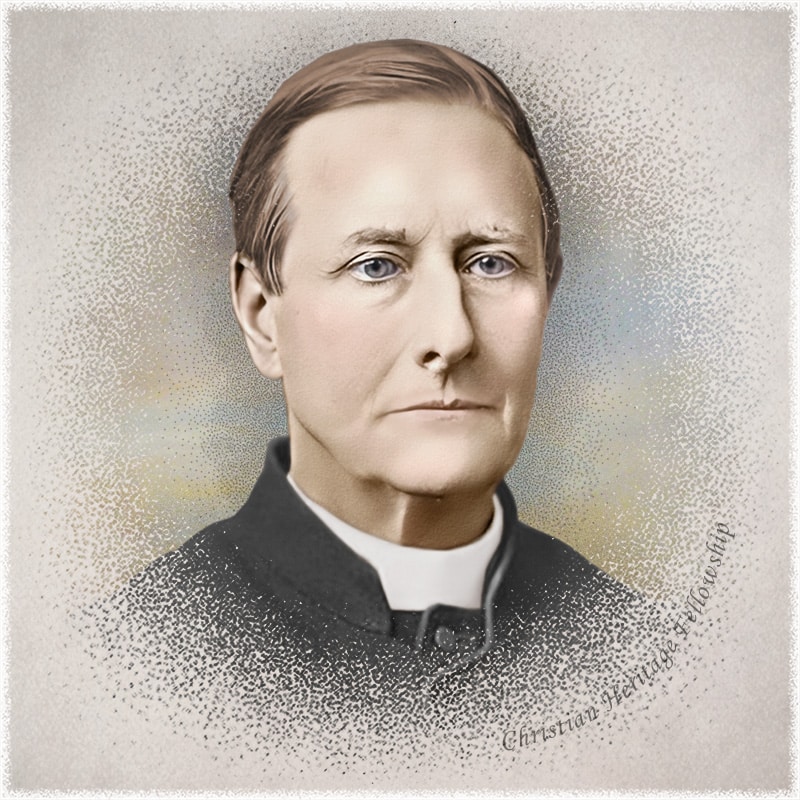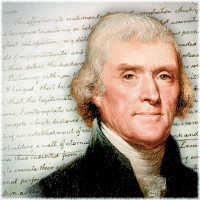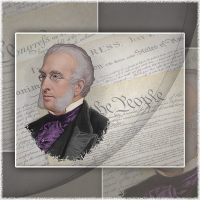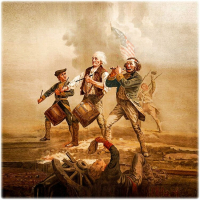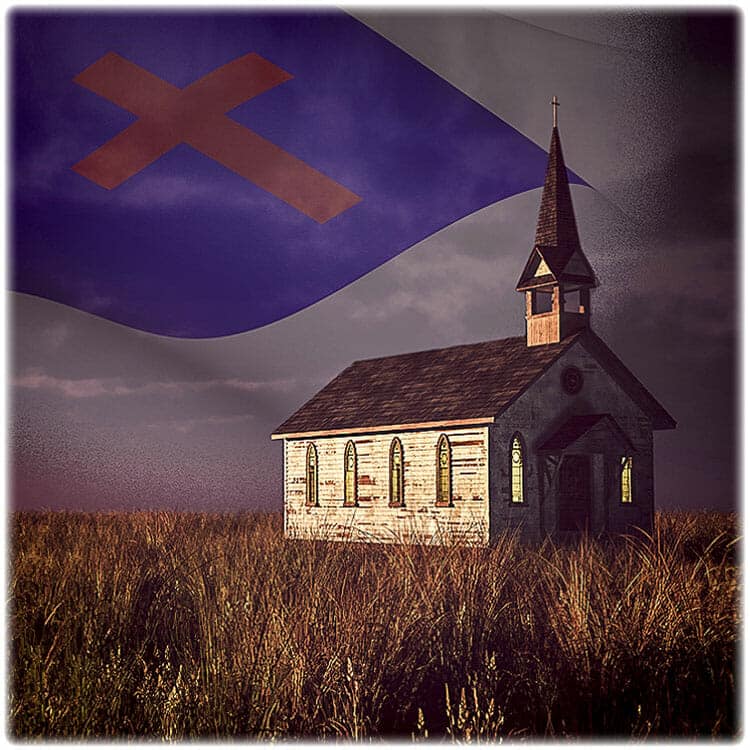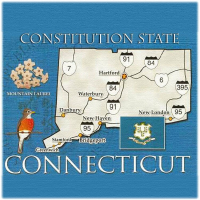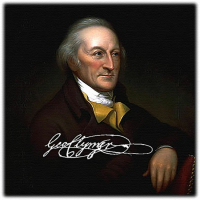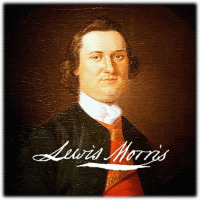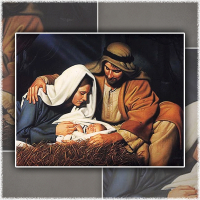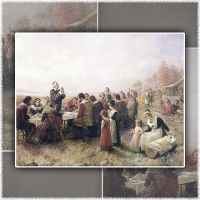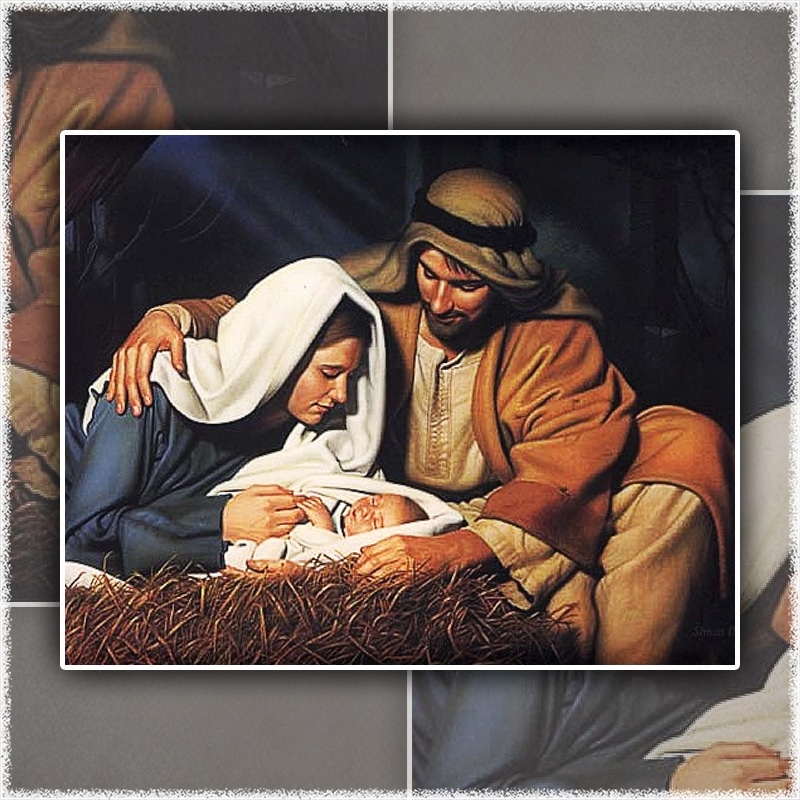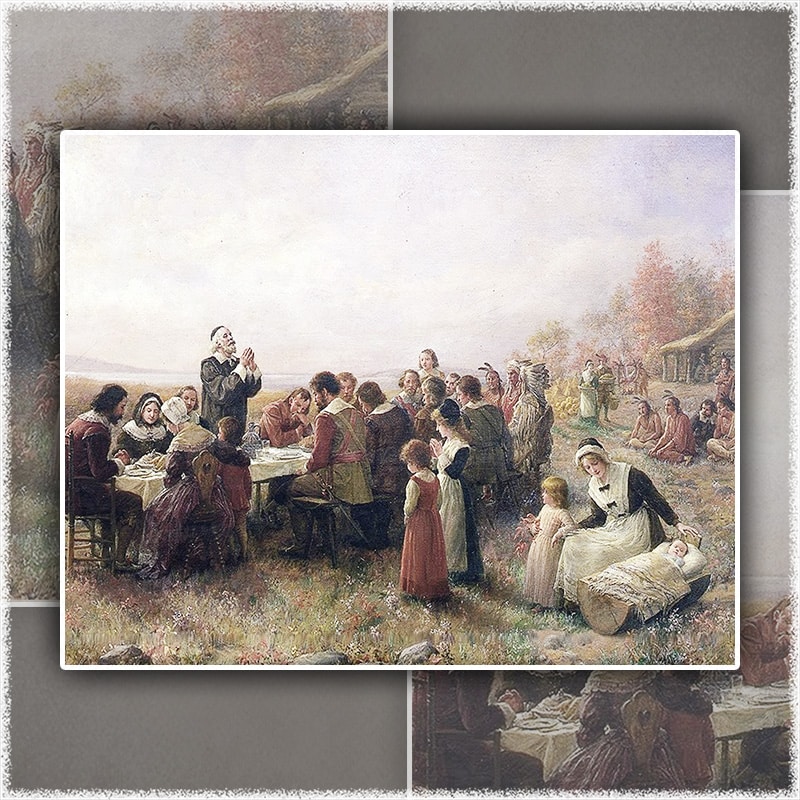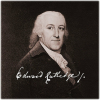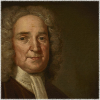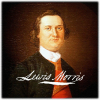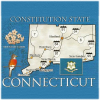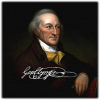Christian Living in September

- 264
- 264shares
September offers many exciting opportunities for the expression of Christian living, some of which our readers may seek to employ in their homes, local churches and where appropriate, in their businesses. Of all that may be anticipated in the expression of our Christian faith in the month of September, renewed interest in Christian education should be a prominent focus. For many of us careful planning for Thanksgiving and Christmas is delayed too long and hasty efforts produce lackluster results, though grandma and grandpa would never admit it. Late summer and early fall is not too early to begin to give thoughtful reflection upon how we will express our Christian faith within our homes, churches, communities, businesses, and other opportunities as the year comes to a close. Remember, for decades the secularists have been removing Christian symbols from public view and as believers, we must seek to be creative in finding places to publicly express our faith.September
Table of ContentsSeptember
How September Received Its Name
The term "September" is derived from Latin, the language of the Romans. In Latin, septem means "seven" while the closely related term septimus means "seventh." According to the Roman calendar, September was the seventh month of the year until 46 BC when the first month of the year was changed from March 1 (Kalendas Martius) to January 1 (Kalendas Januarius).
According to the Julian and Gregorian Calendars, September is the ninth month of the year and one of four months with a length of 30 days. In the Northern Hemisphere, September is the seasonal equivalent of March in the Southern Hemisphere. The meteorological autumn in the Northern Hemisphere begins on September 1 while in the Southern Hemisphere, September 1 is the beginning of the meteorological spring. For Eastern Orthodox Christians the ecclesiastical year begins in September.
The birthstone for the month of September is the sapphire and the birth flowers for September are three, including the forget-me-not, morning glory, and aster.
In addition to the highlights of this month that are discussed below, additional subjects of interest regarding our Christian heritage are presented online where they are arranged according to dates of occurrence with particular attention being given to the influence Christianity has exercised upon the origin of America. The online calendar where these articles are arranged is under continual development with new articles appearing as they become available. By clicking the message box below, readers will navigate to the present month under consideration.
To navigate to our online calendar, please click this box.Suggested observance: First weeks of January, May, and September
Christians have observed periods of prayer and fasting as early as the era of the Apostles who, in turn. learned these spiritual disciplines from the Older Testament and the Hebrew tradition. To nurture and encourage the development of prayer, seasons of prayer may be observed within the family as well as the local church. Though a regular prayer life is encouraged within individual believers and their families, and weekly prayer and fasting is encouraged in the church, a periodic seasonal effort may be undertaken to sustain and further develop these habits. It was the custom of the Church in Early America (and the Continental and Congressional Congresses) to call for days of "public humiliation, fasting and prayer." To nurture a spirit of dependence upon the Lord, several seasons of prayer and fasting may be established in the calendar year. In America, the first week in January (after the Christmas holidays and the beginning of the year) the first week in May (which may include the last weekend in April and the week of National Day of Prayer) and the first week of September (the beginning of the new Sunday School year) provide good opportunities for more protracted efforts in the disciplines of prayer and fasting. During these weeks Christians may select at least one day (and more if possible) of the designated week for these spiritual disciplines. Christians in other nations may seek to identify other regular seasons more appropriate to their national and church life.
One of the most deeply esteemed books on prayer: Power Through Prayer
Initiate a Voter Registration Campaign
Observance: August through early October
During election cycles Christians should become actively involved in the political process. Unbelievers decide many elections simply because Christians refuse to be troubled by the simple process that is required to become politically active. Some of these same individuals contend that there should be a separation of the Church from political interests. But in siding with the liberal cause, they deny Jesus Christ his rightful rule over the world. As the Apostle Paul began to close his letter to the Christians in the city of Rome, he penned the following benediction, expressing his political teaching:
Now to him that is able to establish you according to my gospel and the preaching of Jesus Christ, according to the revelation of the mystery which has been kept in silence through times eternal but now is manifested, and by the scriptures of the prophets, according to the commandment of the eternal God, is made known unto all the nations so they might believe and obey Him, to the only wise God through Jesus Christ, to whom be the glory for ever. Amen. (Romans 16:25-27)[1]
As the Apostle Paul indicated, God intends that all people and that all "nations should believe and obey Him." No one can seriously regard the teaching of the Bible who denies that God has the right to rule every sphere of His creation.
Pastors should encourage their congregations to actively engage in a voter registration program. For years, liberal churches have endeavored to elect politicians of similar social views. Conservative Christians have been far too slow to engage in this effort. One of the best sources for such endeavors is the conservative political organization known as "iVoter Guide." Pastors and church leaders will be guided through the establishment of a voter registration campaign! Take a look at their resources today!
Observance: Begins first Sunday in September
Robert Raikes is often credited with having started the Sunday School movement, but it was British Methodist Hannah Ball, a native of High Wycombe in Buckinghamshire, England, who was the first to initiate a Sunday school in 1769.
Christian homes are provided with an example of the necessity of Christian education in the institution of the Sunday School in local churches. Most churches begin a new Sunday School year on the first Sunday in September which continues throughout the year on a quarterly basis (September, December, March, and June). Christian homes should recognize the need to establish the discipline of Christian education, allowing the Sunday school in the local church to remind Christian homes of this important discipline. Allow the beginning of this month to remind you of the need to develop Christian education in your heart and home throughout the year and develop a plan for Christian education that enriches both the individual and family!
See our featured articles:
Observance: Second Sunday of September
Contrary to the contemporary cultural perception of the nature of the family, God has a design and a plan for the structure and function of the family. Many know all too well from experience what the family should not be like and set out to contrive their own design for the family to achieve personal fulfillment, but without the observance of God's plan for the family, peace and personal fulfillment cannot be realized.
God has given the Church the responsibility of continually presenting God's design for all of life to the world but particularly to believers. Though the secular world may place undue emphasis upon commercial interests on such occasions, the Church should regard such occasions as opportunities to articulate the truth of God to all human relationships.
Observance: On or before September 11 annually
Early on the morning of September 11, 2001, nineteen hijackers took control of four commercial airliners en route to either San Francisco or Los Angeles after takeoffs from Boston, Massachusetts; Newark, New Jersey; and Washington, D.C. The flight plans of the commercial airliners that originated on the East Coast and concluded on the West Coast ensured they would be fully fueled. The airplanes became vehicles for suicide attacks against four intended targets. American Airlines Flight 11 and United Airlines Flight 175 were piloted into the North and South towers of the World Trade Center complex in New York City. Both towers collapsed within two hours. A third plane, American Airlines 77, was flown into the Pentagon in Arlington, Virginia. The fourth hijacked jet, United Airlines Flight 93, intended to strike the United States Capitol Building in Washington, D.C., but when passengers took the initiative to regain control from hijackers, the plane crashed near Shanksville, Pennsylvania. Including the 246 civilians and 19 hijackers aboard the four planes, nearly 3,000 people died from these terrorist attacks. A study of the history of Islam from its inception will demonstrate that this religion has always been a violent religion because of the teaching of the Koran. Nation after nation has been attacked and has fallen to the violence of the world's most intolerant religion.
Christians must aggressively teach the truth about Islam; what it believes, how it behaves, and what has been its history! By becoming informed about this religion, Christians prepare themselves to teach the truth about Islam. Some of our articles explain the historical facts concerning Islam. In addition, numerous books provide more in-depth information, some of which are suggested below.
See our featured article:
Observance: First Monday in September
Unlike most holidays celebrated in America, Labor Day arose out of secular interests--though not directly related to Communism's May Day celebrations. Generally, this day does not receive the attention and adulation given to May Day celebrations earlier in the year, but is commonly observed with picnics, barbeques and similar activities with family and friends.
Above all organizations and institutions, God's Word identifies and establishes the relationships that should exist between employers and employees. As is true in all relationships, Scripture sets forth expectations for the employer and employee; for the observance or neglect of these biblical relationships, individuals, families, groups, and organizations will be blessed or cursed. By communicating the biblical relationships and responsibilities to the world around them, Christians leaven the world around them bringing life and true hope.
In his writing titled, A Defense of the Use of the Bible as a School Book, Dr. Benjamin Rush, signer of the Declaration of Independence and one of three of the most important Founding Fathers,[2] notes the influence of the Bible on the work ethic of various cultures:
But the benefits of an early and general acquaintance with the Bible were not confined only to the Jewish nations. They have appeared in many countries in Europe since the reformation. The industry and habits of order, which distinguish many of the German nations, are derived from their early instruction in the principles of Christianity by means of the Bible. The moral and enlightened character of the inhabitants of Scotland, and of the New England States, appears to be derived from the same cause. If we descend from nations to sects, we shall find them wise and prosperous in proportion as they become early acquainted with the scriptures.[2]
Remembering the Apostle Matthew
Suggested Observance: Annually, on September 21
The life and ministry of the Apostle Matthew (also called Levi) is observed by the Western Christian Church on September 21. Matthew was called to be one of the Twelve Disciples or Apostles of Jesus while he was at work collecting taxes for the government. Along the north end of the Sea of Galilee was a road leading from Damascus to Acre on the Mediterranean Sea. On that road was a customs office located on the boundary between the territories of Philip the Tetrarch and Herod Antipas. The goods that passed between these territories were examined and an appropriate tax was placed upon them by the tax-collector. Matthew was the tax-collector on this road between these two territories. Because Gentile merchants and travelers would not have observed the Jewish Sabbath, Matthew would have found it impossible to strictly observe the Jewish Sabbath. It was the practice of the Romans to sell the position of collecting taxes to the highest bidder in any given area. Those who were designated to collect the taxes for the Romans for a given period of time were called publicans (publicani) and usually belonged to the wealthy equestrian order. In turn, these usually employed local agents to collect the taxes; and the members of this lower class were also called publicans. Matthew most likely belonged to this secondary class of publicans. The taxes levied by Matthew against the goods that passed along this road were not given to Caesar and the Empire, but were collected on behalf of Herod Antipas the tetrarch. For further discussion concerning the Apostle Matthew, please see our featured link below.
See our featured article:
Suggested Observance: Family devotions in September
Many children will never appreciate who they are because they have no understanding of where they have been. Tragically, many know little of their heritage beyond their parents and grandparents. What is true concerning familial heritage is even truer with regard to spiritual heritage. More than two-thousand years of rich Christian heritage is associated with the songs that have been birthed by Christians throughout the history of the Church. One great example of this may be seen in the life and ministry of Sabine Baring-Gould, the minister who wrote the much-loved song, "Onward Christian Soldiers." September starts a new Sunday School year and it is very fitting to sing a song that was first written for Sunday School children many, many years ago. You are invited to make this song a part of your family's devotional time throughout the month of September.
See our featured article:
Observance: On or before September 26
September 26 is an annual reminder of an event that transpired on that day more than a century ago. For more than a hundred years the Christian flag has flown at the entrances of Christian institutions, in the sanctuaries of churches, and other places sympathetic to the advancement of the cause of Jesus Christ. While some denounce its use for their own parochial reasons, it remains a symbol of the Christian Church around the world. Though inconspicuous in its origin, the Christian flag has become universally recognized as a symbol of Christianity. Every true believer will appreciate the history behind the origin of the Christian flag.
See our featured article:
Christianizing Your World in September
Our suggested resources for the month of September address several subjects of importance. In addition to suggested timely reading materials, our occasional Heritage Hallmarks remind our readers of significant moments in the life of the Christian Church and American life. They are designed to reflect upon the remarkable heritage bequeathed to America and the world by the Christian Faith and seek to visualize important moments in history. Secular influence has removed important monuments of Christian influence, but our Heritage Hallmarks allow parents and grandparents the opportunity to remind succeeding generations of the glorious heritage of Christianity. For a list of additional materials available at our site, please click the following link: Our Resources.
To speak intelligently to a believing and unbelieving world, Christians must not only be able to defend the truth associated with the lives of the virtuous, but must also be prepared to expose the facts concerning the villainous. Knowledge of the virtuous provides insight into how the believer should live, while examples of the villainous prepare believers to "give an answer" to every individual of how life should not be lived (1 Peter 3:15).
September 5, 1774: First Continental Congress convened at Philadelphia's Carpenter's Hall
September 6, 1620: After a one-month delay, the Pilgrims once again set sail for the New World on September 6, 1620 and arrived more than two months later on November 11.[3]
September 7, 1774: First prayer of the Continental Congress was offered by Rev. Jacob Duche, rector of Christ Church of Philadelphia, Pennsylvania, September 7, 1774, 9 o'clock a.m. after being summoned to Carpenter Hall where the Continental Congress was meeting. Rev. Duche became the first chaplain of Congress but later abandoned the American cause. He was succeeded by Rev. William White, also from Christ Church.
September 9, 1898: William Chatterton Dix (14 June 1837 - 9 September 1898) was an English writer of hymns and carols. He was born in Bristol, England, the son of John Dix, a surgeon and writer. His father gave him his middle name in honor of Thomas Chatterton, a poet about whom he had written a biography.
September 10, 1845: Joseph Story (September 18, 1779 - September 10, 1845) was an American lawyer and jurist who served on the Supreme Court of the United States from 1811 to 1845. He is most remembered for his opinions in Martin v. Hunter's Lessee and The Amistad, and especially for his magisterial Commentaries on the Constitution of the United States, first published in 1833. Dominating the field in the 19th century, this work is a cornerstone of early American jurisprudence. Together with James Kent, he is remembered as the Father of American Jurisprudence.
September 14, 1853: William H. Seward delivered the dedication address at Capital University, Columbus, Ohio. The title of the dedicatory address was, "The Destiny of America." In it, Seward extolled the importance of America remaining committed to its Christian heritage.
September 13-14, 1814: Beginning at 6:00 A.M. on September 13, 1814, British warships continuously bombarded Fort McHenry in the Baltimore Harbor for 25 hours. Having exhausted their ammunition, the British were forced to break-off their attack on the morning of September 14, allowing Francis Scott Key to perceive that the Star-Spangled Banner was still waving in the early morning light.
September 14, 1932: Charles Hutchinson Gabriel (August 18, 1856, Wilton, Iowa - September 14, 1932, Hollywood, California) was a writer of gospel songs and composer of gospel tunes. He is said to have written and/or composed between 7,000 and 8,000 songs, many of which are available in 21st century hymnals. He used several pseudonyms including Charlotte G. Homer, H. A. Henry, and S. B. Jackson.
September 17, 1787: Constitutional Convention convened in Philadelphia, Pennsylvania on May 25, 1787. On September 17, the Constitutional Convention adjourned after writing the United States Constitution.
September 18, 1905: George MacDonald (December 10, 1824 - September 18, 1905) was a Scottish author, poet, and Christian minister. He was a pioneering figure in the field of fantasy literature and the mentor of fellow writer Lewis Carroll. His writings have been cited as a major literary influence by many notable authors including W. H. Auden, C. S. Lewis, J. R. R. Tolkien, E. Nesbit and Madeleine L'Engle. C. S. Lewis wrote that he regarded MacDonald as his "master."[4]
September 22, 1871: Charlotte Elliott (March 18, 1789 - September 22, 1871) was an English poet and hymn writer. Charlotte was the daughter of Charles Elliott, a silk merchant and his wife, Eling Venn who married at Yelling on December 20, 1785. Eling Venn was the daughter of Rev. Henry Venn of the Clapham Sect, and her brother was John Venn, well-known evangelical churchman of England.
September 22, ca. 287: A black Roman officer known in Church history as St. Maurice, is remembered on September 22. A third-century Roman legionary who was born in Thebes in Upper Egypt, Maurice was martyred in what is today Switzerland for refusing to massacre fellow Christians for Roman emperor Maximian Herculius. The early church canonized Maurice long before the Pope reserved the right of the Holy See exclusively to canonize souls in 1634. After two "decimations" by Maximian, the entire Theban Legion consisting of 6,600 Christian soldiers, was slaughtered rather than allow them to maintain their Christian principles.[5]
September 25, 1789: The First Amendment (along with the rest of the Bill of Rights) was submitted to the states for ratification on September 25, 1789 and adopted on December 15, 1791.
September 30, 1770: George Whitefield (December 27, 1714 - September 30, 1770) also known as George Whitfield, was an English Anglican preacher who helped spread the Great Awakening in Britain and especially in the British North American colonies. He was one of the founders of Methodism and of the evangelical movement generally.[6]
Please click to see additional events for September . . .America deserves to know its true heritage.
Please contribute today!
[1] George Washington and Benjamin Franklin were the other two most important Founding Fathers. John Sanderson, Biography of the Signers to the Declaration of Independence (Philadelphia: R.W. Pomeroy, 1823), 4:285.
[2] Benjamin Rush, Essays, Literary, Moral and Philosophical By Benjamin Rush, M.d. And Professor of the Institutes of Medicine and Clinical Practice in the University of Pennsylvania. (Philadelphia: Printed by Thomas and Samuel Bradford, 1798), 100.
[3] Bradford, Plymouth Settlement, 62.
[4] See John Woodbridge, More Than Conquerors: Portraits of Believers from All Walks of Life.
[5] Highly esteemed by Protestant writer, Junius Brutus, A Defense of Liberty against Tyrants, 50 (called "Mauritius").
[6] See Barton, Four Centuries of American Education, 36. See Ben Franklin on the role of Christian education for America's youth, Pennsylvania State University in particular.
September
September
September
September
September
September
September
September
September
September
September
September
September
September
September
September
September
September
September
September
September
September
September
September
September
- 264
- 264shares



